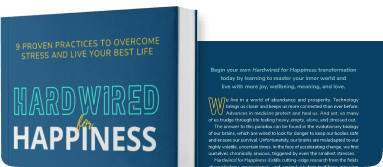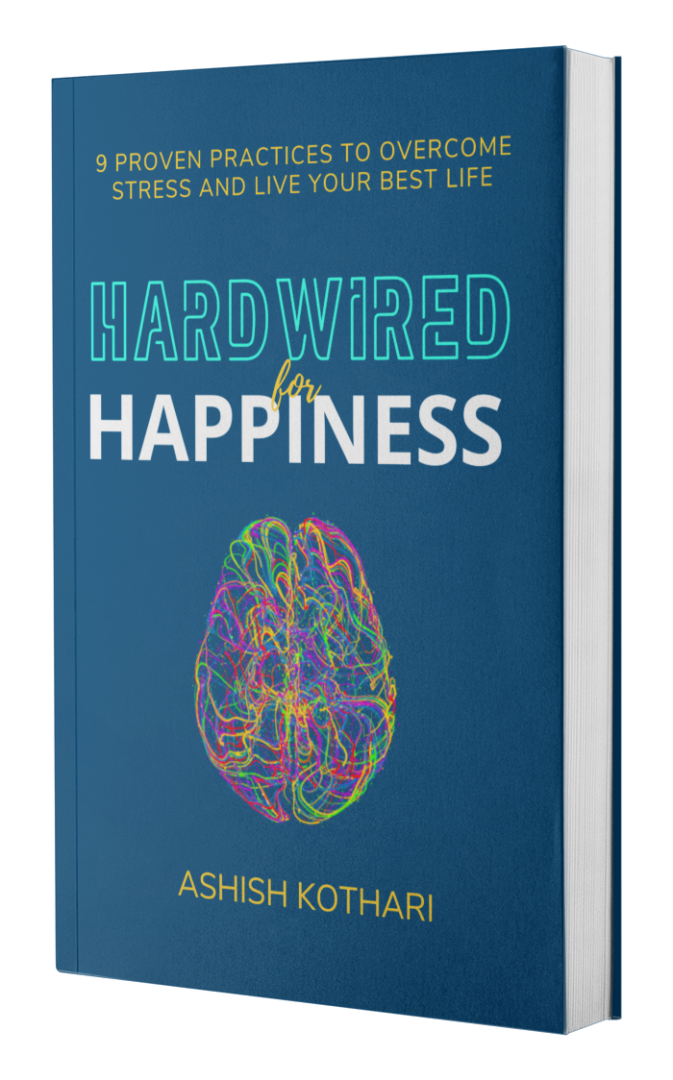Finding Silence in a Noisy World with Justin Talbot Zorn

The quietest places are often where the loudest breakthroughs happen. However, with the constant hum of technology, the relentless demands of work and social life, and the 24/7 news cycle, it’s quite hard to escape the noise in our world today.
In this article, we’ll explore the science of silence and how leaders can cultivate this pristine attention in this noisy world with Justin Talbot Zorn, Author at HarperCollins.
“When we are silent, it sometimes requires us to process all those things we’re holding onto that we’d rather not face, things about ourselves or others that we’ve stuffed deep into our unconscious. But in the end, there is no running away from it.”
– Ashish Kothari
Understanding your deepest silence
What is the deepest silence you have ever known? Justin explains that silence is more than just the absence of sound. People describe silence as these places of pristine attention where nothing was making claims on their consciousness, where they could move into a purer state of consciousness, and where they’re aligned with intention.
I’ve experienced many moments of deep silence, but one that really stuck with me was two years ago during a 10-day Vipassana silent meditation. My wife and mother were worried about how I’d handle not talking for 10 days, especially since I’m always talking—I even talked most of the 16-hour drive from Colorado to the center.
When I arrived, we turned in our devices, and before we even took the silent vow, my mind went silent for the first time ever. It was magical, and I’ll always remember it because my only thought at that time was that I had no thoughts.
At the time, I was leaving McKinsey after 17 years to start an entrepreneurial journey focused on my book, Hardwired for Happiness. There was so much going on—excitement but also worry and fear. And in that moment, everything just disappeared.
Justin highlights that this capacity to reach a deeper level of internal silence allows us to perceive more—to perceive a problem at work, a professional challenge, or a personal challenge in a different way. It brings a deeper level of feeling and listening, enhancing our sense perception of the work we need to do in the world.
Silence as a leadership tool
Silence is this place where nothing interferes with your perception or intention. When it comes to leadership, Justin mentions that silence gives us a chance to take a break from life’s most common responsibilities, giving us the freedom to be fully present and grounded. Here’s how silence can be a powerful leadership tool:
- Helps with focus – Silence allows leaders to tune out external noise and distractions, helping them focus on what truly matters.
- Cultivating intentionality – By creating space for reflection, leaders can connect with their intentions and make decisions from a place of clarity rather than reacting impulsively.
- Reducing ego-driven decisions – To lead from a place of service, we have to be skillful about putting our ego in check. Justin talks about how silence can help leaders lead from a place of service rather than self-interest.
- Facilitating collaboration – Silence can be a tool for reducing tension, promoting collaboration, and fostering a more harmonious working environment.
- Enhancing mindfulness – Silence enables leaders to be fully present in the moment, which is essential for deep listening. Truly hearing others without the distraction of internal or external noise is key to connecting with teams deeply.
- Promoting emotional regulation – Introducing moments of silence in meetings or daily routines can help leaders and their teams downregulate their nervous systems, reducing stress and creating a calmer, more focused environment for decision-making.
- Encouraging new perspectives – Silence provides the mental space needed for creativity and innovation to flourish. When leaders and their teams have the opportunity to step back from constant stimulation, they can approach problems with fresh perspectives and develop innovative solutions.
Any leader can cultivate a state of inner peace and focus and operate from a place of presence and silence. The good news is that I’m starting to see more leaders finding this space.
How leaders can cultivate silence
Justin says there’s no one-size-fits-all approach for leaders to cultivate silence because that state of pristine attention is distinct for each of us. But he suggests that we individually practice the act of listening to silence.
Listening is usually about tuning in to receive information. But listening to silence is about actively tuning in to receive the pure vibration of life. This act regenerates neurons in the brain, which is edifying and healing for our minds.
Try this simple practice: If you live in a noisy place, I recommend you put on noise-canceling headphones and just listen to the sounds of your own body: your breath going in and out, your heartbeat, or how the temperature feels on your skin.
“Maybe there is no place for perfect absence of sound and stimulus in this buzzing, pulsating universe in which we live. And that’s okay because silence is what each one of us conceives it to be. It’s this space of pure perception and intention as we perceive it.“
– Justin Talbot ZornBy embracing silence, leaders cultivate a deeper understanding of themselves and the world around them, enabling them to lead with greater wisdom, compassion, and effectiveness.
The fear of silence
Silence is scary. Many of us find silence unsettling because it forces us to confront our inner world. The fear of silence is often rooted in the discomfort of uncertainty and the pressure to constantly fill the void.

When the noise of this world fades, we’re left alone with ourselves, which can be overwhelming or even frightening. As a result, we do things that distract us from the void of silence, but in the end, we realize there’s no running away from it.
While it may be challenging to embrace silence initially, Justin highlights that it’s exactly in this stillness that wisdom can emerge. The noise of distractions fades, allowing for clear thinking and problem-solving. You have the opportunity to explore your thoughts, feelings, and beliefs without judgment.
Conclusion
It’s probably impossible to find a completely silent place in our noisy world. But that’s okay because silence is different for everyone. True silence is a personal journey unique to each individual. It’s not about escaping noise but finding inner peace in the middle of it.
Our world is drowning in distractions, and it’s taking a toll on our well-being. How can we tune out the noise and tune into our inner wisdom? In this interview, Ashish Kothari and Justin Talbot Zorn, Author at HarperCollins, discuss how to cultivate silence in this noisy world.
Learn more about Justin at his LinkedIn.
Listen to the podcast with Ashish and Justin below.
Access and subscribe to all of the episodes of the Flourishing Edge Podcast here.
Visit the REWIRE Program powered up by the HAPPINESS SQUAD Community and experience your shift within your 30-day risk-free trial today. Cultivate your Self-Awareness, Gratitude, Purpose, Community, and personal growth more through the 9 Hardwired for Happiness practices. Integrate simple and proven micro-practices grounded in the science of happiness and neuroscience of habit formation in 5 minutes a day.
Make Flourishing Your Competitive Edge.


